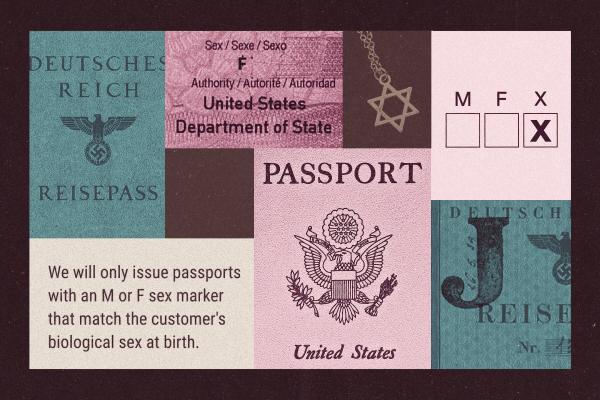In the midst of a tumultuous election season, Christians in the United States are discerning faithful ways to engage with politics. Christian discernment involves understanding ourselves, our relationship to God, our connection to our neighbors, and our most deeply held values.
Jesus taught that we are citizens of two kingdoms: an earthly one and God’s kingdom, requiring a different and higher allegiance. Jesus urged us to render to Caesar the things that are Caesar’s and to God the things that are God’s. We have to work out our roles and renderings as dual citizens.
Note that these two statuses are not equivalent. Not all Americans are Christians; not all Christians are Americans. But I believe those of us who are both Americans and Christians have unique responsibilities to bring our faith to bear in the public square in productive ways.
As citizens of the United States, we are encouraged and empowered to participate in the richness and fullness of our nation’s democratic process. Although democracy goes deeper than casting a ballot every four years, one of the key rights and responsibilities of American citizenship is voting.
As Christian Americans, loving our neighbor as ourselves means protecting everyone’s right to vote as we protect our own. We show our concern for our neighbors by advocating for free and fair elections. That advocacy is of special importance now, when the right to vote is under attack by modern-day voter suppression.
Fulfilling our voting responsibility includes researching the qualifications and policy positions of candidates. That careful consideration should not involve questioning the faith of candidates or voting for or against someone because of their faith. Article VI of the U.S. Constitution says that “no religious Test shall ever be required as a Qualification to any Office or public Trust under the United States.” Our elected officials are required to uphold the Constitution, and our constitutional values are supported when we all do our part to uphold both the letter and spirit of that founding document.
What about our renderings as members of God’s kingdom during election season? First and foremost, we love God with our whole heart, mind, and soul when we reject idolatry. Too often, we see ludicrous claims that certain political ideas, parties, or individuals are God-ordained, specially led by God to achieve God’s purposes. Confusing political authority with religious authority is idolatrous, and it can lead to the spiritual impoverishment of religion. It’s also a byproduct of Christian nationalism, a cultural framework that seeks to merge our religious identity as Christians with our political identity as Americans, and that needs to be soundly rejected.
Even the most important elections should be put in perspective. We love God when we love our neighbors, and that means refusing to demonize others who don’t vote the same way we do. In our congregations and our broader communities, we must always remember to see each other as beloved children of God, not warring camps facing off in partisan battle.
Being faithful citizens of two kingdoms requires a healthy separation between the institutions of government and its political arms on the one hand and religion on the other. To live into the prophetic tradition of the Hebrew prophets and Jesus that insists on speaking truth to power on the greatest moral issues of our day, religious individuals and institutions must refuse to be co-opted or controlled by the government, a political party, or any candidate.
Over the next several weeks — leading up to Election Day and beyond — Christian Americans will have many opportunities to fulfill our responsibilities of citizenship. Will we engage in all aspects of our democratic process, helping others embrace their full voting rights? Will we ensure that we don’t impose religious tests for leadership in our country’s government? Will we love our neighbors across lines of difference, including political divides? Will we reject Christian nationalism as a distortion of our faith and a violation of our American values? How we respond and act at this pivotal time will reflect how well we embrace the full rights and responsibilities — given to us by God and by our country — in the two kingdoms we call home.
Got something to say about what you're reading? We value your feedback!







